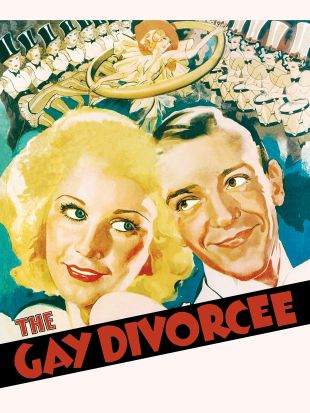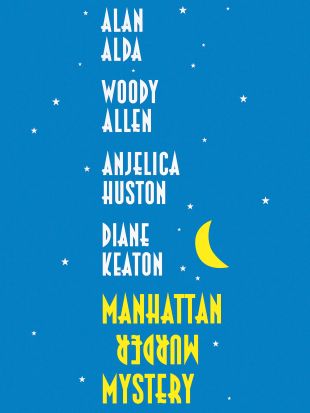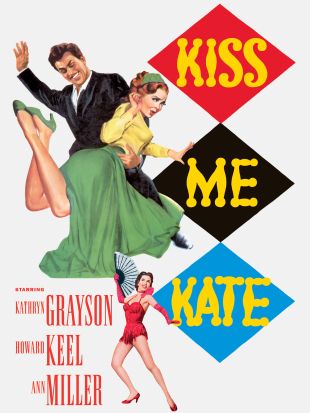For fairly obvious technological reasons, the film credits of celebrated Broadway composer Cole Porter begin with the 1929 all-talkie The Battle of Paris. Fifty Million Frenchman, filmed in 1931, started out as a reasonable faithful adaptation of Porter's Broadway hit. By this point in time, however, the filmgoing public was tired of musicals, thus Warner Bros. blithely chopped out all the tunes: we repeatedly hear the build-up to You Do Something to Me, but never the song itself! (Porter's "leftover" score was later presented intact in the 1934 Bob Hope 2-reeler Paree, Paree). Any other composer might have been crushed by this cavalier treatment, but Porter had never been defeated by any of life's disappointments -- probably because he was cushioned by his vast inherited wealth and a lavish, globetrotting social life. Educated at Yale, Harvard, and the Paris Schola Cantorum, Porter was by 1931 internationally renowned as a composer of sophisticated, wryly risque show tunes, so his early "failure" in Hollywood posed no threat to his career. Porter continued to be represented in films via adaptations of his Broadway successes (Gay Divorcee (1934), Anything Goes (1936)) until 1936, when he penned several original songs for MGM's Born to Dance, including I've Got You Under My Skin and Easy to Love. Among Porter's later direct-to-screen compositions were such hits as Don't Fence Me In (for Hollywood Canteen (1944)), Be a Clown (The Pirate (1948)) and True Love (High Society (1955)). Shortly after completing work on MGM's Rosalie (1937), Porter was seriously injured in a riding accident. Though his crushed legs caused him excruciating pain, Porter continued to maintain his flamboyant lifestyle, stubbornly refusing to allow the doctors to amputate until it became a life-or-death situation in 1958. When Warner Bros. produced its Cole Porter biography Night and Day (1946), with Cary Grant in the lead, the studio used Porter's crippling accident as the film's central dramatic crisis. After all, you couldn't do a rags-to-riches story with a leading character whose life was all riches-to-riches.
Cole Porter
Share on
Biography by AllMovie
Movie Highlights
Factsheet
- Penned football fight songs while at Yale University, such as "Bulldog," that became part of the school's traditions.
- Lived in France during World War I and remained in Paris in the 1920s, married to a wealthy divorcée, Linda Lee Thomas, who tolerated his homosexual relationships.
- Hugely successful Broadway composer whose stage successes, including Anything Goes and Gay Divorce, were often adapted for the silver screen.
- Among the many original hits he penned for Hollywood were "I've Got You Under My Skin" for Born to Dance (1936), "Don't Fence Me In" for Hollywood Canteen (1944) and "True Love" for High Society (1955).
- Legs were crushed in a 1937 riding accident but he endured at least 30 surgeries before allowing doctors to amputate in 1958.
- Subject of the 1946's Night and Day starring Cary Grant and 2004's De-Lovely with Kevin Kline.


